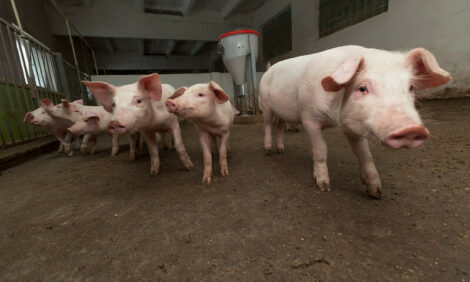MCOOL Represents Intellectual Dishonesty, American Meat Institute Says
US - Mandatory country-of-origin labeling is outrageously expensive, lacking in benefits and intellectually dishonest, according to AMI Senior Vice President of Regulatory Affairs and General Counsel Mark Dopp.
|
Need a Product or service?
|
|
Dopp made his comments in a speech delivered to Agriculture at the Crossroads, a conference sponsored by the Nebraska AgRelations Council in Lincoln, Neb., today.
During his remarks, Dopp cited a letter sent last week to the Office of Management and Budget by John Graham, administrator of the Office of Information and Regulatory Affairs, in which Graham wrote, "We remain very concerned that this program will impose enormous costs on consumers that are substantially in excess of any benefits." Also in the letter, Graham said that the proposed rule written by USDA is "one of the most burdensome rules to be reviewed by this administration."
Dopp charged that USDA's first year cost estimates of $3.9 billion for all affected commodities and $2.4 billion for meat affirm what the meat industry has said all along: the law's costs outweigh any potential benefit. He said that there is no evidence that consumers are willing to pay the costs associated with the labels and that studies that have been cited to date as such "evidence" have been misrepresented.
"It is highly unusual to see researchers issuing statements about the limitations of their research, but that is precisely what Colorado State University and University of Nebraska researchers did after country-of-origin labeling proponents suggested that it definitively proved that consumers wanted these labels," he said. Dopp said that proponents of the law seek to implement it because they believe it will bring them higher cattle prices, yet these proponents have little regard for the higher meat prices that consumers will pay at the counter.
The law is also intellectually dishonest on principle because it allows people who don't own the product at issue and who shun accountability to dictate how meat is marketed. "And that's what we call meddling in somebody elses's business -- at great expense."
"The fact is, if you laid end to end the $3.9 billion dollars required to pay the first year costs involved in this massive law, they would stretch from the earth well beyond the moon. Some may think the comparison absurd, but I think it's apropos because this law is way out there," Dopp said.
Source: American Meat Institute (AMI) - 6th November 2003















